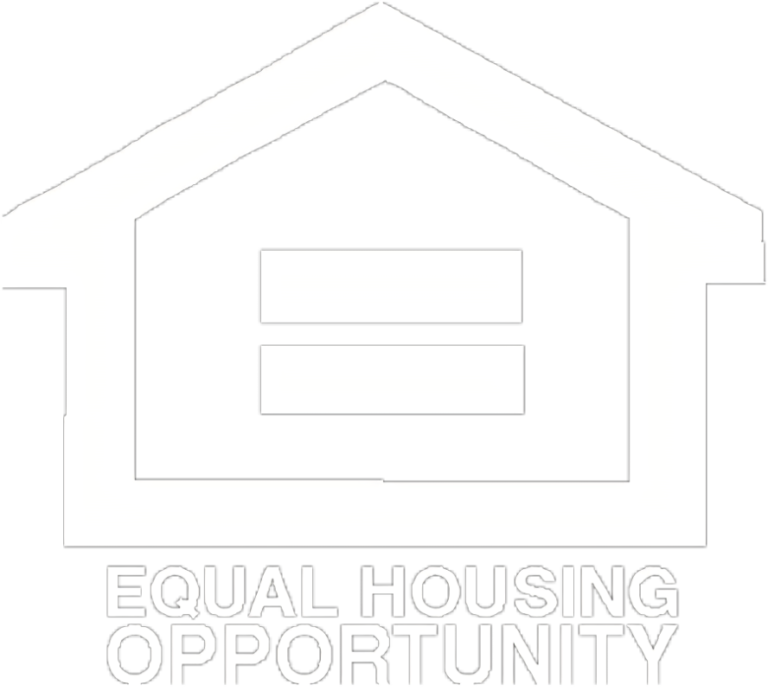Owning rental property can be a lucrative investment, providing a steady stream of income and potential long-term appreciation. However, with ownership comes responsibility, and one of the most crucial responsibilities is ensuring that your property is adequately protected by having landlord insurance. Even if you own your rental property outright and have no mortgage, having landlord insurance is essential. Here’s why:
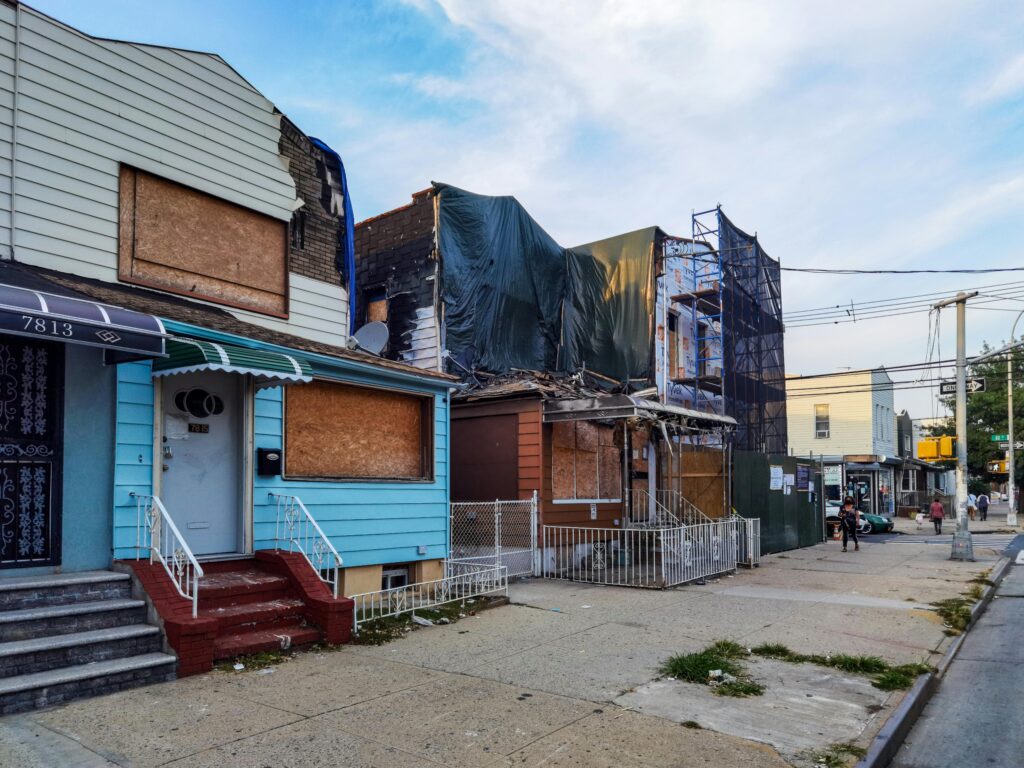
1. Protection Against Property Damage
Rental properties are susceptible to various types of damage, including natural disasters (like floods, earthquakes, and storms), fire, vandalism, and accidental damage caused by tenants. Insurance can cover the cost of repairs or rebuilding, saving you from significant out-of-pocket expenses. For instance, recent high winds in Northeast Ohio, with gusts reaching up to 90 mph, caused extensive damage to properties, including downed trees and power lines.

2. Liability Coverage
As a property owner, you could be held liable for injuries or damages that occur on your property. For instance, if a tenant or visitor slips and falls, you might be responsible for medical expenses and legal fees. Liability coverage in your insurance policy can protect you from these potentially devastating financial claims.
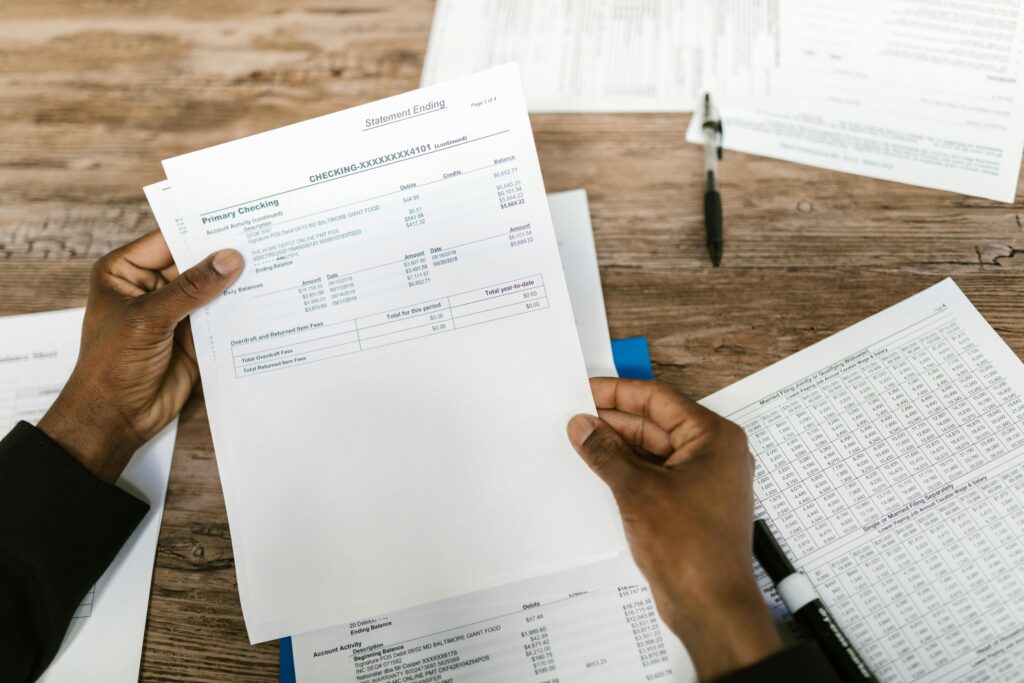
3. Loss of Rental Income
If your property becomes uninhabitable due to covered damages, you could lose rental income during the repair period. Rental property insurance often includes loss of rental income coverage, ensuring you continue to receive income even when your property is temporarily out of commission.
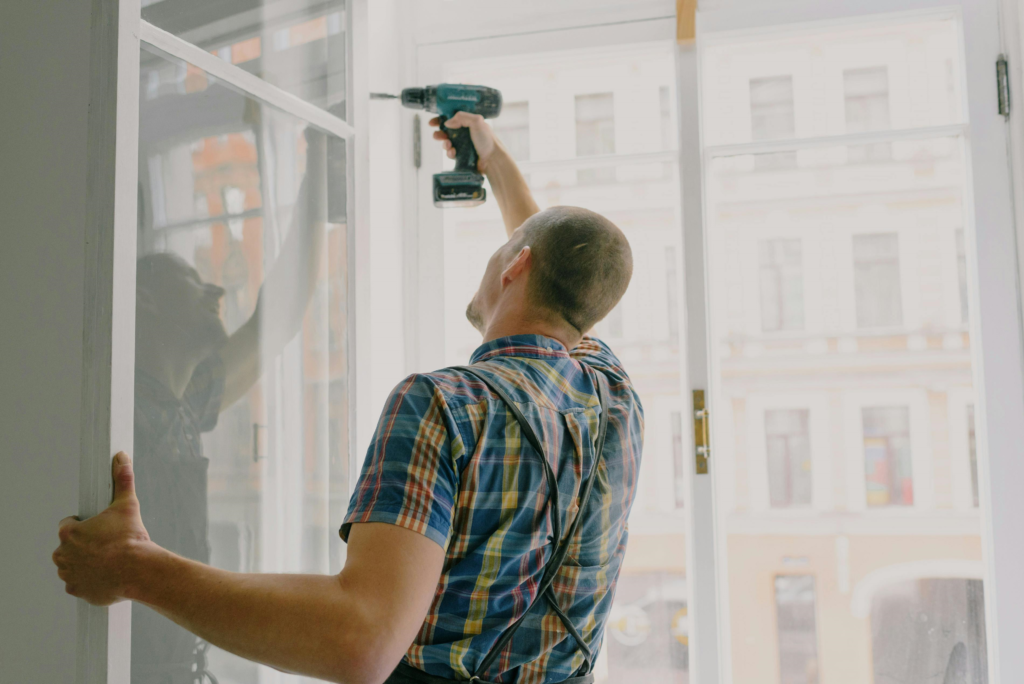
4. Tenant-Related Risks
Tenants can sometimes cause intentional or unintentional damage to your property. While security deposits can cover minor damages, significant repairs might exceed the deposit amount. Landlord insurance can help cover these costs, providing peace of mind.
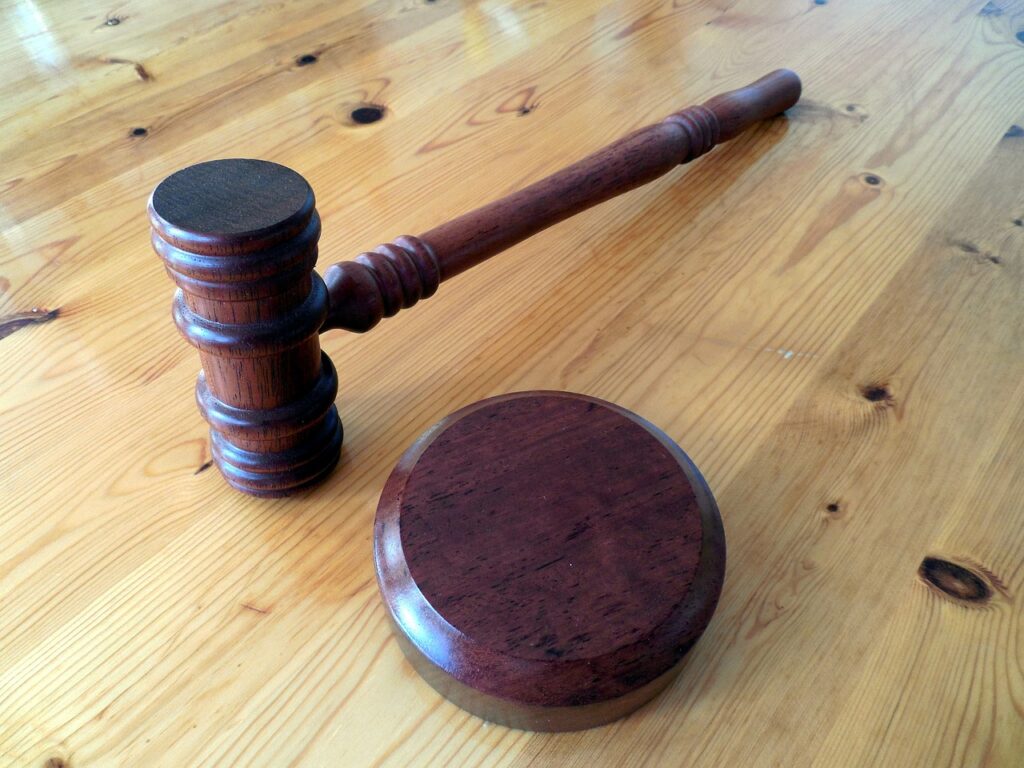
5. Compliance with Requirements
In some jurisdictions, landlords are required by law to have
certain types of insurance. Even if it’s not legally mandated, rental homeowner’s insurance is often required by home owner associations (HOAs), condominium associations, lenders and property management companies.

6. Peace of Mind
Owning rental property comes with its share of uncertainties. Having comprehensive landlord insurance provides peace of mind, knowing that you are protected against a wide range of potential risks. This allows you to focus on managing your property and tenants without constantly worrying about unforeseen events.
A Cautionary Tale: The Uninsured Property Owner
Consider the story of Micah, a rental property owner who decided to forgo insurance to save on premiums. Micah owned a charming duplex in a bustling neighborhood, which he had purchased outright with his savings. For years, he enjoyed a steady rental income and had no major issues with his tenants.
One fateful night, a fire broke out in the property due to an electrical fault. Fortunately, the tenants were unharmed, but the fire caused extensive damage to the building. Without insurance, Micah faced the daunting task of covering the repair costs himself. Unfortunately, he did not have the financial resources to rebuild.
As a result, Micah was forced to sell the property at a fraction of its original value. The months following the fire were financially devastating, as he lost rental income and had to deal with the stress of selling a damaged property. This experience underscored the importance of having insurance, as it could have provided the financial support needed to rebuild and continue generating rental income.
While it might be tempting to forgo insurance to save on premiums, the potential costs of not having coverage far outweigh the savings. Landlord insurance is a vital tool for protecting your investment, ensuring financial stability, and providing peace of mind. Whether you have a mortgage or own your rental property outright, having the right insurance coverage is a smart and necessary decision for any property owner.

